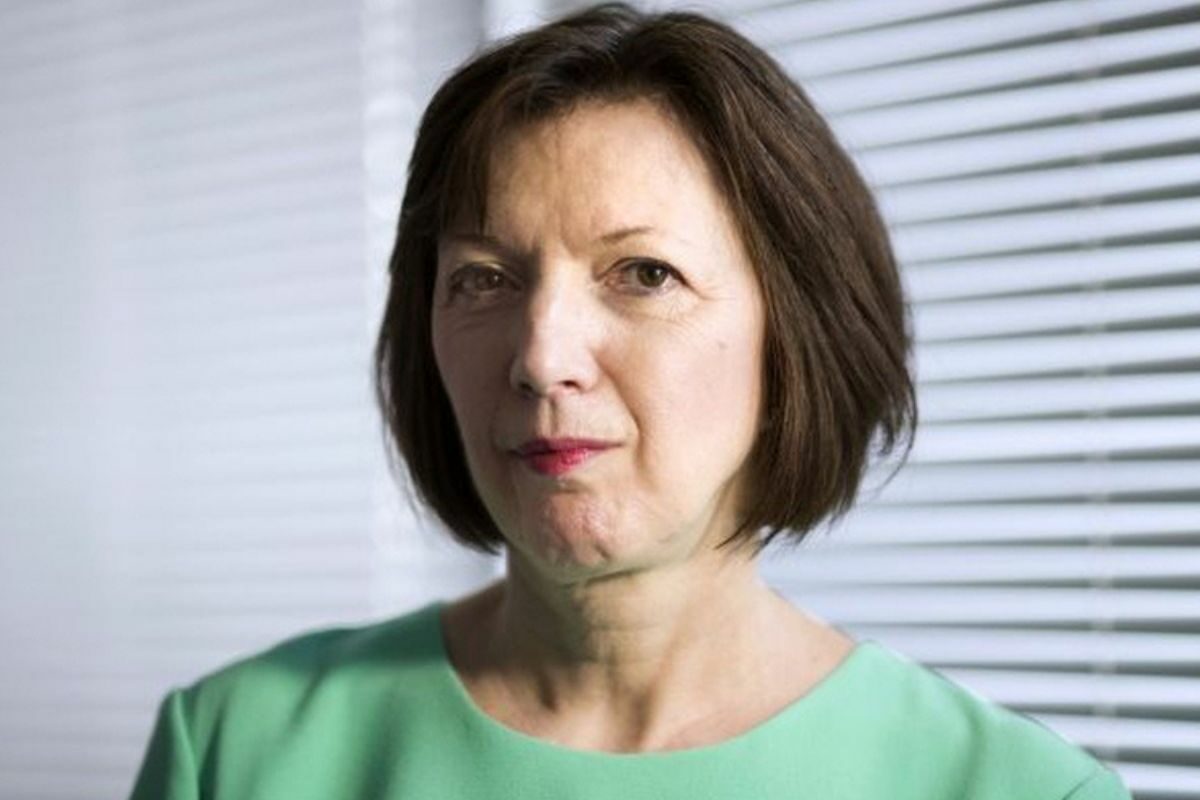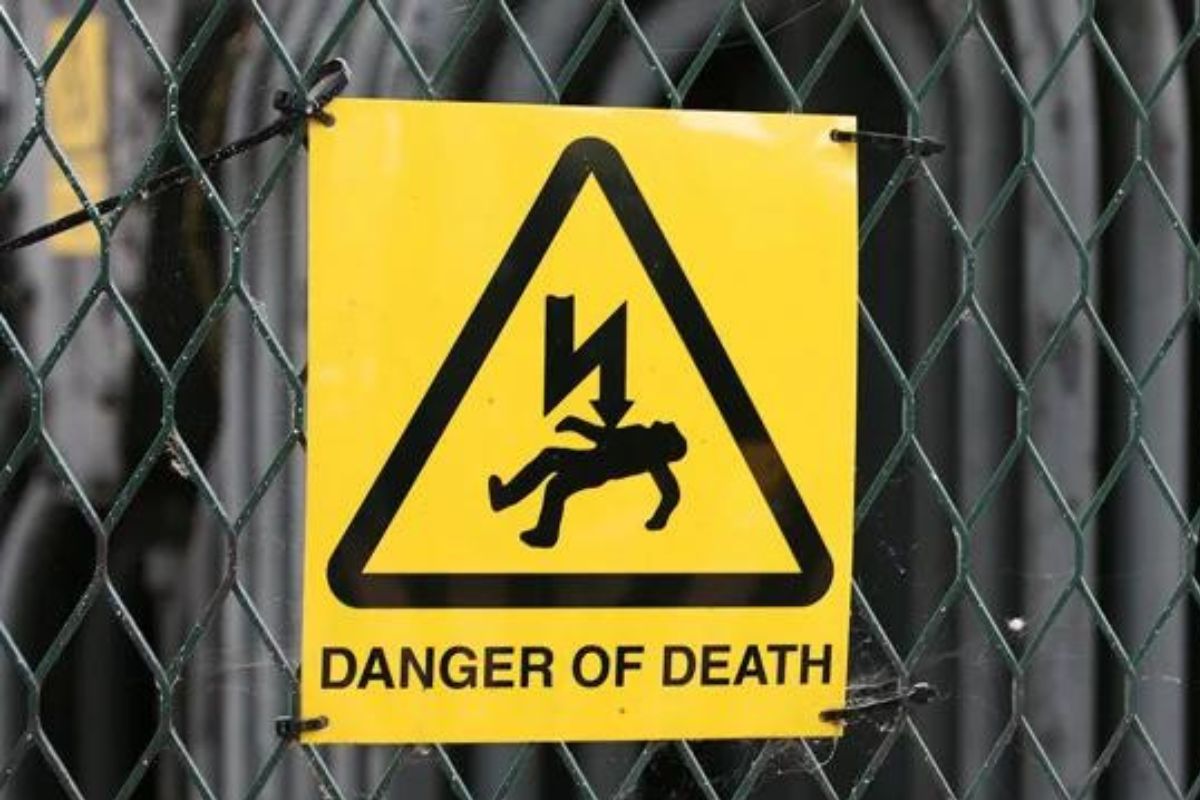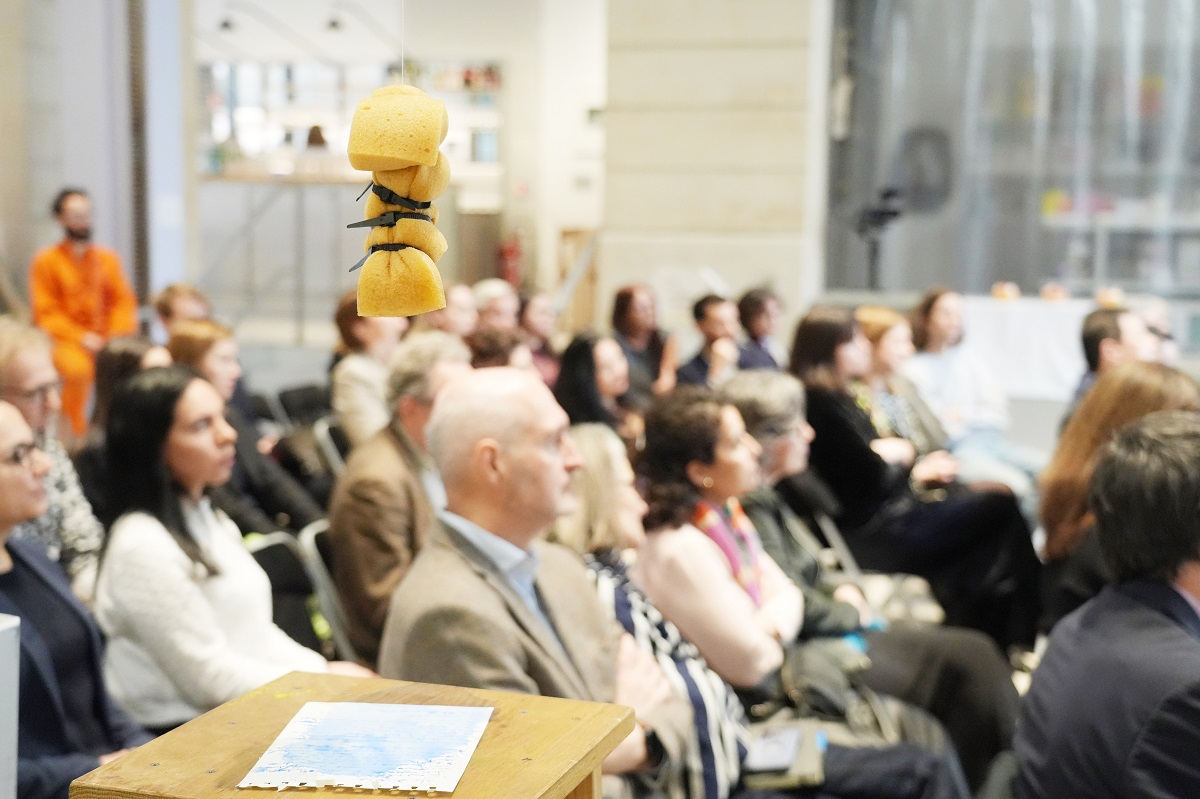UK set for “worst real wage squeeze” in the G7

UK workers are set for the “worst real wage squeeze” among G7 nations, new TUC analysis of OECD figures has revealed today (Friday).
The analysis shows that real wages in the UK are forecast to shrink by 6.2% (-£1,750) over the next two years – the tightest contraction in pay of any G7 economy.
The comparison of international pay trends also highlights how real wage growth will bounce back much faster in other competitor nations.
In Italy – the second worst-hit economy – real wages are set to be down by just 0.7% in 2023.
But in the UK wages are forecast to fall by 3.0% in 2023.
Worst wage squeeze in modern history
The TUC says UK workers are suffering the longest and harshest pay squeeze in modern history.
Previous analysis published by the union body reveals that working people lost nearly £20,000 in real earnings between 2008 and 2021 as a result of pay not keeping pace with inflation.
And more than a decade on from the financial crisis UK workers are still earning £75 a month less – in real terms – than in 2008.
The TUC says years of wage stagnation have left families “brutally exposed” to Britain’s cost of living crisis.
Get wages rising
The TUC said “the top priority” for the next Prime Minister should be to get wages rising across the economy.
The union body warned that without action to boost pay packets families will keep “lurching from crisis to crisis.”
The TUC highlighted how Boris Johnson and Rishi Sunak committed on 20 separate occasions to a create a “high-wage economy” over the past year.
TUC General Secretary Frances O’Grady said:
“Making ends meet shouldn’t be a battle.
“But UK workers are suffering the worst pay squeeze in the G7 and the longest in modern history.
“Having repeatedly promised a high-wage economy, the Conservatives have consigned Britain to the bottom of the league for pay growth.
On the need to boost wages, Frances added:
“Years of standstill wages have left households brutally exposed to this cost of living crisis.
“The number one priority for Tory leadership candidates should be to get pay rising across the economy.
“This is the best way to give people long-term financial security and to stop families from lurching from crisis to crisis.”
The TUC is calling for:
- A significant rise in the national minimum wage
- Strengthening collective bargaining rights to boost pay across the economy
- A real-terms pay rise for public sector workers with a move towards restoring earnings lost over the last decade
- Raising Universal Credit to 80% of the real Living Wage
Real wage growth in G7 nations (percentage change)
| 2022 | 2023 | Total | |
| United Kingdom | -3.3 | -3.0 | -6.2 |
| Italy | -3.2 | -0.7 | -3.8 |
| Germany | -2.9 | -0.1 | -3.0 |
| Canada | -1.9 | -0.5 | -2.3 |
| France | 0.2 | 0.3 | 0.5 |
| United States | -0.7 | 1.2 | 0.6 |
| Japan | -0.3 | 0.3 | -0.1 |
Source: TUC analysis of OECD Economic Outlook statistics
Boris Johnson and Rishi Sunak promised to deliver a high-wage economy on at least twenty occasions in parliament, including:
- 16 June 2021: The prime minister talked about “our global commitment” to generating “hundreds of thousands—millions—of high-wage, high-skilled jobs”.
- 21 July 2021: The prime minister said he wanted to level up the UK by “increasing access to high-wage, high-skilled jobs”.
- 8 Sept 2021: The prime minister stated “we are also now trying to ensure that we have a high-wage and high-skilled jobs-led recovery, and that is what is happening”.
- 15 Sept 2021: The prime minister declared “we want a high-wage, high-skills economy.”
- 16 Sept 2021: The prime minister said “I have no doubt whatever that it will bring hundreds of high-skilled, high-wage jobs of the kind that we want to see, and increasingly are seeing, in our country.”
- 27 Oct 2021: The prime minister described the “pragmatic Conservative approach that cuts CO2, that tackles climate change and that delivers high-wage, high-skilled jobs across this country”.
- 27 October 2021: The chancellor said the increase in the national minimum wage “is a major commitment to the high-wage, high-skill, high-productivity economy of the future”.
- 3 Nov 2021: The prime minister stated the government is “ensuring that this country gets on with a high-wage, high-skill, jobs-led recovery”.
- 15 Nov 2021: The prime minister said “the world listened to us at COP” because they knew that our 10-point plan “was not only cutting emissions but helping to generate hundreds of thousands of new high-wage, high-skill jobs”.
- 24 Nov 2021: The prime minister said that the UK’s transition to green jobs is “supporting 440,000 new green high-wage, high-skill jobs across the UK”.
- 2 Feb 2022: The prime minister claimed that the government is “increasing the number of high-wage, high-skill jobs in this country”.
- 9 March 2022: The prime minister said the new tram network in Blackpool “will help to drive the economy and help to bring in high-wage, high-skilled jobs, in the way we hope to do across the whole of the UK as we get on with levelling up”.
- 27 April 2022: The prime minister stated “we believe in high-wage, high-skill jobs and that is the answer for the economy”.
- 10 May 2022: The prime minister said we are “tackling the economic challenges with the best solution of all, and that is an ever-growing number of high-wage, high-skill jobs”
- 17 May 2022: The chancellor talked about “the broader plan to grow the economy, encourage investment and create more high-skilled, high-wage jobs”.
- 17 May 2022: The chancellor again talked about the “broad plan that will grow our economy, encourage investment and create more skilled and high-wage jobs.”
- 25 May 2022: The prime minister declared “we care about the working people of this country and making sure we have a high-wage, high-skill, high-employment economy, and that is what we are delivering”.
- 25 May 2022: The prime minister said the government is “making sure that we continue with the high wage, high skill, high employment economy that we have”.
- 25 May 2022: The prime minister said government policy on tax and national insurance is “helping us to have a high-wage, high-skill economy”.
- 8 June 2022: The prime minister said the government’s vision is “creating high-wage, high-skilled jobs for this country”.











Responses